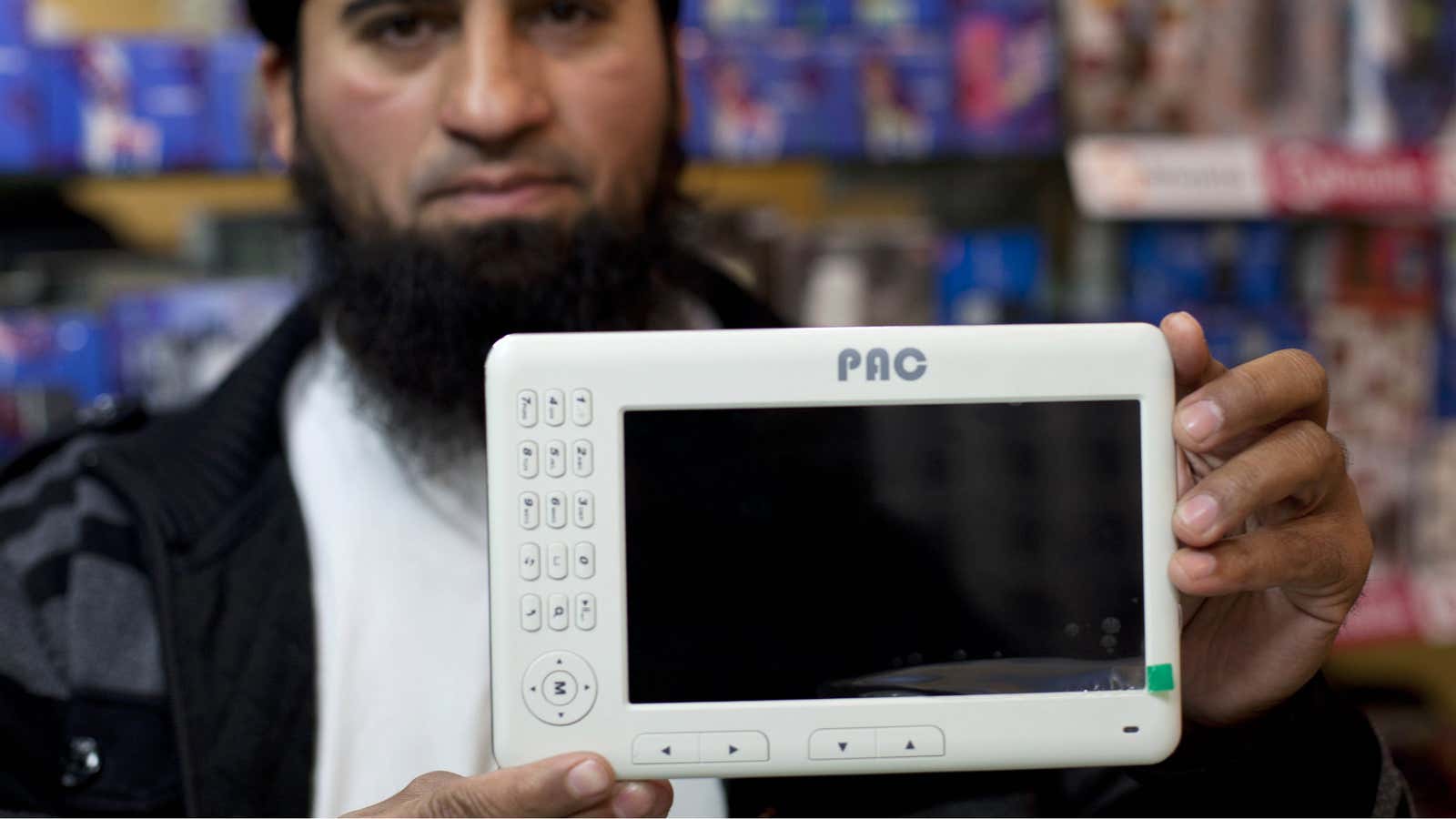Pakistan is on its way to becoming a proper democracy, but it’s a bumpy road. An elected government just completed its full term and handed over power to another elected government for the first time in the nation’s 66-year history as an independent state. As such, the country is anxious to do democratic things, such as allowing its citizens rights of free expression.
To that honorable end, the incoming minister for information technology and telecommunications, Anusha Rahman, announced on her first day in office that restoring access to YouTube is one of her “top priorities,” according to The News, a Pakistani newspaper. (YouTube access was blocked in the wake of the dreadful “Innocence of Muslims” video that caused riots in North Africa in September.) Blocking an entire site because of one video may sound like overkill, but the government assumed it was better than enduring loss of life. Other, older democracies have made similar moves and paid a price: In 2006, Indian censors blocked a slew of popular blogging sites, which drew sharp criticism from Indian bloggers and only raised their profile.
The problem with bans is that when they are withdrawn, they invite criticism from those who favor censorship. For example, Pakistan tried unblocking YouTube in December and erecting firewalls to block pornographic and blasphemous materials instead. That lasted three minutes, until right-leaning activists complained that there was still blasphemous content on the site.
But Rahman is undeterred. “We will pump in extra money if needed and do whatever is in our capacity to bring YouTube back to Pakistan without compromising our ethical values,” she told The News. The Pakistan Telecommunications Authority can try to create an effective filtration system, but its past attempts at filtering have failed. An attempt to block text messages containing profanity, for instance, consisted of drawing up an official list of some 1,700 swear words, which was leaked to a bemused Pakistani public. (Other Pakistani officials are somewhat more sensible in their approach to technology, as we have noted before.)
Rahman’s solution is simpler. Since the PTA does not have the technology to create an effective filter, the minister wants Google to do the filtering for it. And if it doesn’t? “We can block Google in Pakistan as a last resort as there are many alternative search engines available on the web,” she said.
Google told ZDNet Asia it takes time to localize sites, but did not say whether it was doing so for Pakistan.
Pakistani internet users are pushing back, besieging Rahman on Twitter with suggestions and rants. Rahman says The News story was “misreported,” though she declined to say how. “We need technology, but without compromising on our moral, religious and ethical values,” she tweeted. In response to a tweet expressing hope that a solution will be found quickly, she added: “keep praying.”




